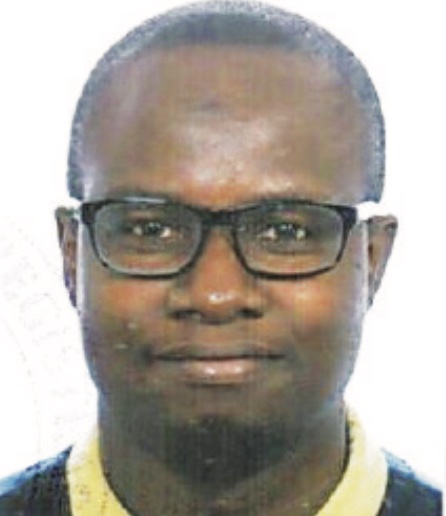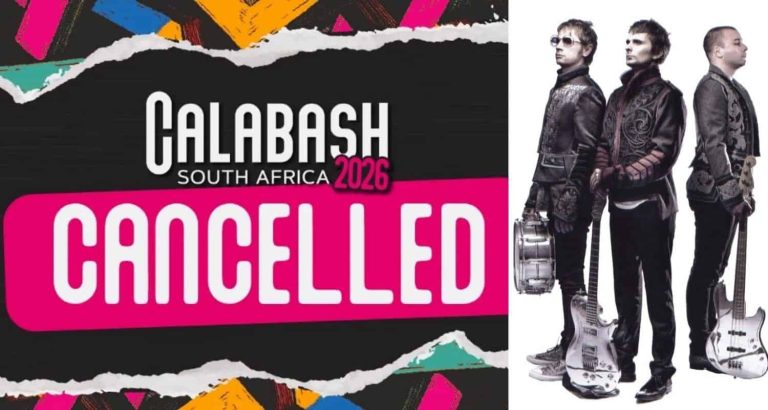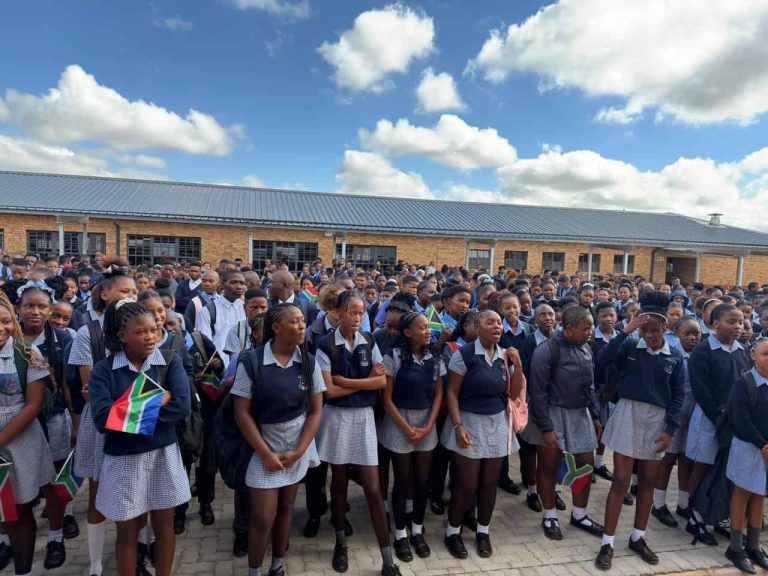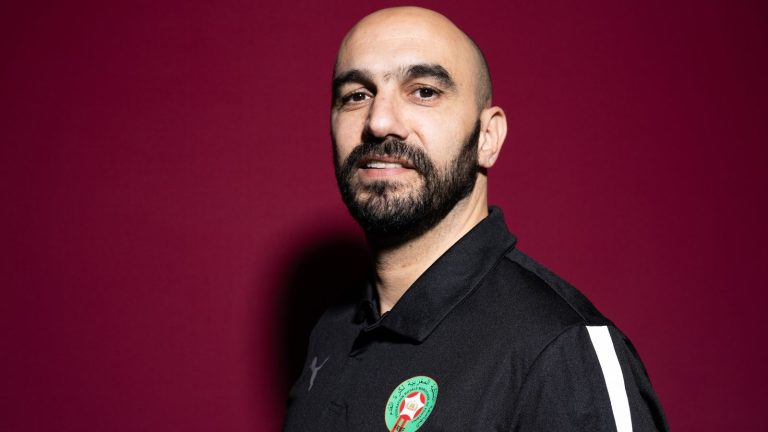
Screenshot

If there is anything that gives Museveni sleepless nights, it is the election cycle.
Outside the election cycle, there is rhythm and pattern. But the electoral season presents with immense fluidity and uncertainty. Mistakes can be made during these periods – an overzealous officer might shoot at a leading opposition figure; an extremist commentator might insult a diplomat.
Rowdy crowds could be inspired into action. Or anything never expected might shock the country. While all of us are potential losers – as we might end the way of Sudan, Libya or Somalia – Museveni and co., have the entire world to lose. It is the season, and its unpredictable winds and rainfalls.
Only the season worries Museveni. No, it is not even what the opposition forces can do with this electoral season. These ones he already controls. They are already prepping themselves for positions under his government especially in parliament and other low-level positions.
This electoral season might inspire ordinary individuals – and of course, folks in the opposition – and the entire thing turns up against him. See, while Museveni and co. are guaranteed of being declared winners, they have no guarantee about how the electoral season will play out.
His team has some ideas; they have done some scenario building and simulations, but they are no guarantees. Yes, sometimes the rains might become floods, killing entire families or in the process of harvesting these rains, the harvester could be struck by lightning.
This is Museveni’s only worry – and ought to worry the entire country as well. If it were not for elections being intimately connected to his overall performative act as a democratic and constitution-abiding president.
If it was not that his bosses in the Western world were crazy about elections – also as part of their theatre as rules-based people – Museveni would have been content to declare life presidency a long time ago. But our tough-talking man so badly fears the ruthless mafias inside IMF and the World Bank, and thereby has to subject himself to a nerve-wrecking process called elections.
He thus has no choice but to go through them. (I really wish Yoweri Museveni was strong enough to simply continue).
Managing the season
I have argued before that Museveni never goes into these elections seeking victory at the polls. He does not need elections to govern – they didn’t bring him into office. Museveni goes to the polls to harness a process.
The world has to know that Uganda went through an election, and Museveni emerged victorious. Although he has to put up a grand performance to win because this is the only way you could stage a performance of an election, Museveni never goes into these elections to win them.
He is already the winner. Again, it is not the possibility of losing an election that worries him, but the ways in which the season can be managed well not to turn against him. Notice that elections are the closest we have to a revolutionary moment. By their nature, revolutionary moments present themselves with high–high-energy-voltage circuits.
They challenge officials to quick decision-making, and thus many, many mistakes are bound to happen. Indeed, these moments are known for their uncertainty, and immense fluidity.

If Museveni’s fear is what this electoral cycle might do, this fear ought to be understood: it is the fear that these electoral-duped masses might decide to abandon the electoral circus altogether and seek to chase Museveni like he was a village outlaw. This might build on a series of mistakes or just one single mistake or a moment of inspiration.
This worries Museveni and co., very much.
Protecting the season
Notice that because of this awareness, the protectors of the regime, which includes all security organs (JATT, ISO, ESO, UPDF, SFC – and all of them) decide to treat election seasons – and rightly so – as a security operations: protecting the emperor.
Thus, they will go to great length to ensure nothing unusual happens. But too bad for them, they have only two bullets in their weapons: violence and money. Thus, they threaten, bribe, intimidate, imprison and block all windows through which the season might explode.
Recall that during this period, the country is politically charged to the extreme. Any slightly wrong interference can easily shortcircuit the entire connection. Both rural and urban folks are discussing elections the whole time, and candidates would be dangerously criss-crossing the country.
Everything and everyone look like a threat, yet this being the election, people have to openly move. If there are any lessons to learn from tragedies of November 18-19, 2020 – and the entire routine of violence that defined the 2021 elections – it is that there are no guarantees that Museveni will come back as president after the 2026 elections.
Of course, the 2021 tragedies quickly lost their revolutionary bite and died down quietly. But had they escalated, which is often entirely possible, our friend Yoweri Museveni would have been a historical fact.
Take for example, if Museveni’s backers in the Western world had jumped onto these deaths and demanded that he stepped down for this gross abuse of human life, he would never have stayed a night.
The point I’m making is this: Museveni could have won the election the day he declared he was running again, but the way the season plays out, will determine his fortunes moving forward.
yusufkajura@gmail.com
The author is a political theorist based at Makerere University.



